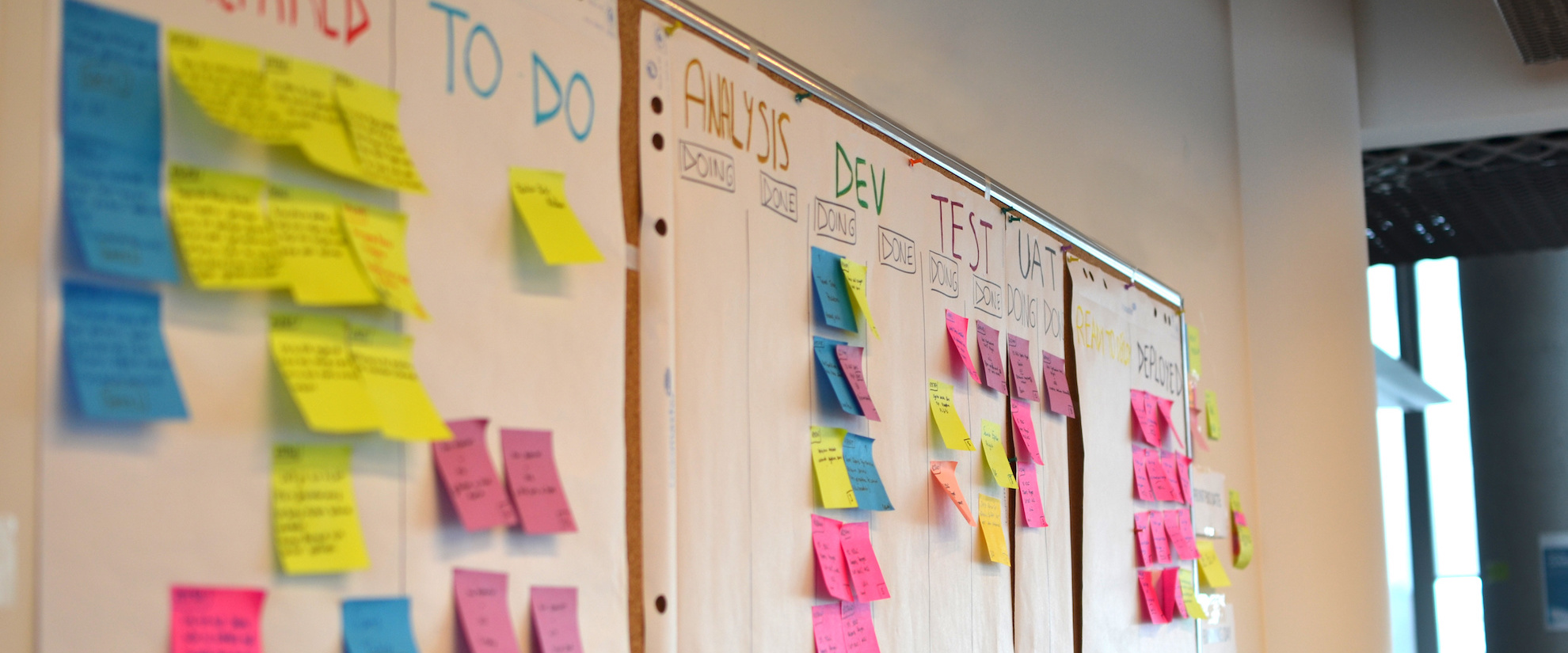Kaizen: An Evolving Tool in Lean Methods
19 Jun, 2023 | By leslie@leanexpansion.ca

As a lean business consultant working with kaizen, there are a lot of questions about how the two interact. Is kaizen changing in a world of lean start-ups and lean digital? From my perspective, yes and no.
In its very nature, the rapid improvement processes of kaizen are a building block in lean processes. Kaizen focuses on reducing waste and improving productivity by enhancing value for the customer. Lean is about incremental changes to become better each day. From my perspective—it’s about changes that enhance customer experience and service. What happens if you can improve your organization by 1% each day and sustain those improvements? There is enormous potential for change that’s significant and ground-breaking.
Kaizen traditionally involves workers from multiple levels. Through analytical processes like mapping the five whys, kaizen aims to get the whole organization galvanized and pulling in one direction to achieve a goal or overcome a stumbling block. Chosen improvements are implemented rapidly—with follow-ups to ensure changes are sustained.
However, industries like software development change so rapidly that the more flexible model of lean is best to generate meaningful improvement. Here’s why—the driving principle of kaizen is developing a hypothesis, proving it, and replicating it. In software development– something undertaken by almost every large corporation today for external or internal processes—the kaizen cycle has to revolve quickly. It is often faster than what traditional companies think is acceptable). Additionally, it should also account for the following:
- What problem are we trying to solve?
- What hypothesis will we test?
- What insights do we take from test data?
- What do we do next: pivot or preserve?
A digital environment offers the potential for hundreds (or possibly thousands) of experiments per day. There are unlimited data streams to tap. Kaizen consulting is important. Failure to act properly during a quick event can result in changes that do not satisfy needs or strengthen an organization. It is change for the sake of change (and doomed to backfire on the customer and the organization).
Kaizen is a great tool for uncovering and eliminating hidden wastes and non-purposeful activities that only create frustration for team members, ultimately manifesting in suboptimal experiences for your customers. Lean always looks at improvement through the lens of customer satisfaction. It’s a fast and flexible approach that aims to cut costs by making the business more efficient, budget-savvy, and responsive to customer needs.
Kaizen can be—should be–a part of business improvement. Just remember, it was conceived 25 years ago—traditional kaizen has been outpaced by the needs of modern industries, working in digital environments where change is driven by new trends, technologies, and needs in highly competitive markets.
Through lean, I work to speed up the velocity through methods that aim to make large organizations more efficient and responsive to market needs. As an international business consultant working in the US and Canada, I bring expertise from a variety of backgrounds— aerospace engineering, consumer manufacturing, healthcare, software development and agriculture to guide organizations that want to improve quality, cost, and delivery.
Kaizen Consulting
Let’s talk about how Lean can transform your organization. Contact me to set up a free discussion about kaizen consulting.



